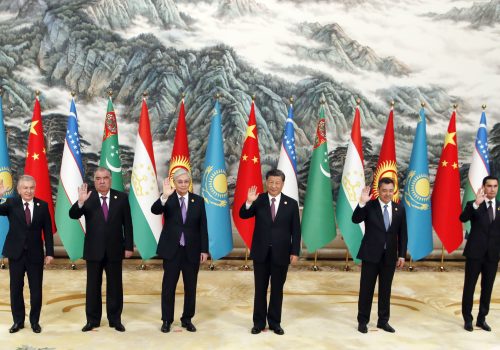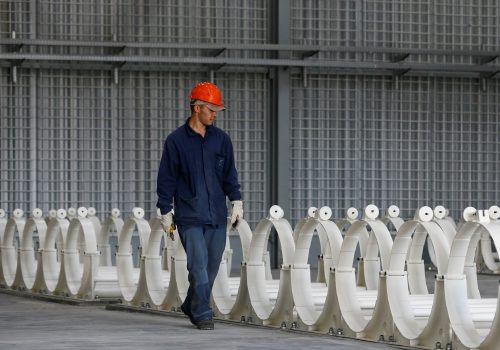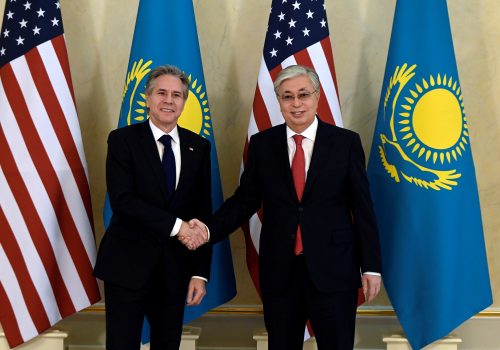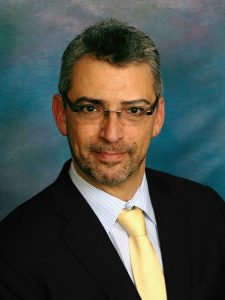Thirty years after independence, Kazakhstan finds itself at an inflection point. January’s unrest underscored some of the inadequacies accompanying modern Kazakhstan’s solid economic development and growing geopolitical importance in Central Asia. This discussion focuses on 30 years of the strong, multifaceted US-Kazakhstan relationship, the tragic events of January, and the overall future of Kazakhstan.
The US is reassessing its role in Central Asia and Kazakhstan is steadily becoming a regional leader. How can Washington and Nur-Sultan best pursue their shared interests for the next thirty years of cooperation?
Daniel Witt, president of the International Tax and Investment Center, opens the event, followed by keynote remarks from H.E. Yerzhan Ashikbayev, ambassador of Kazakhstan to the United States. Melinda Haring, deputy director of the Atlantic Council’s Eurasia Center, moderates a discussion with Dr. Kamran Bokhari, director of analytical development at the Newlines Institute, Dr. Ariel Cohen, nonresident senior fellow at the Eurasia Center and senior fellow with the International Tax and Investment Center, and Ambassador John Herbst, senior director of the Eurasia Center, on the achievements and untapped potential of US-Kazakhstan relations.
This event will not feature an in-person audience. You will be able to join via desktop or mobile app, through your web browser, or by phone. To join the question and answer period, you must join by app or web.
Register below for details on joining the virtual audience.
Follow us on social media
and support our work
spotlight
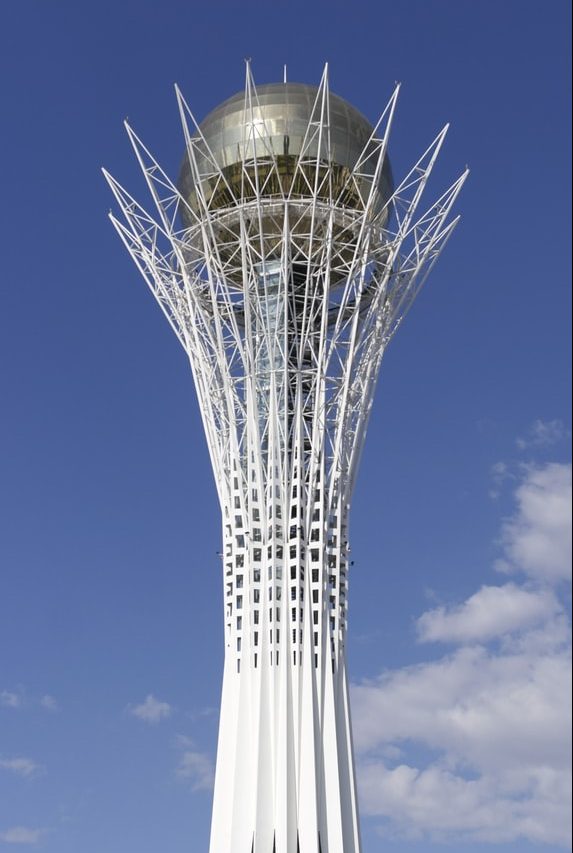
Between East and West
Central Asia
The Central Asian Republics—Kazakhstan, Kyrgyzstan, Uzbekistan, Tajikistan, and Turkmenistan—are located at the nexus of Russia, China, South Asia, and the Middle East. Leveraging their critical geography, these nations are renewing their role as the crossroads of trade between the West and Asia—resulting in significant economic development, especially in the sectors of energy and natural resources. While moves toward reform and democracy have been made since independence in 1991, corruption and human rights issues remain prevalent throughout the region.
